processing technology solutions for autonomous vehicles, to jointly develop smart cameras for use in deep learning-based object recognition solution for smart cameras used in next-generation advanced driver assistance system (ADAS) applications and cameras for ADAS Level 2 and above.
To avoid harm in urban areas, the next generation of ADAS implementations requires high-precision object recognition, which must be able to detect so-called vulnerable road users (VRUs) such as pedestrians and cyclists. At the same time, for mid- to entry-level vehicles in the mass market, these systems must consume very low power. Renesas and StradVision's new solution implements both to accelerate the widespread adoption of ADAS.
“A leader in vision processing technology, StradVision has abundant experience developing ADAS implementations using Renesas’ R-Car SoCs, and with this collaboration, we are enabling production-ready solutions that enable safe and accurate mobility in the future,” said Naoki Yoshida, Vice President of Renesas’ Automotive Technical Customer Engagement Business Division. “This new joint deep learning-based solution optimized for R-Car SoCs will contribute to the widespread adoption of next-generation ADAS implementations and support the escalating vision sensor requirements expected to arrive in the next few years.”
“StradVision is excited to combine forces with Renesas to help developers efficiently advance their efforts to make the next big leap in ADAS. This joint effort will not only translate into quick and effective evaluations, but also deliver greatly improved ADAS performance. With the massive growth expected in the front camera market in the coming years, this collaboration puts both StradVision and Renesas in excellent position to provide the best possible technology,” said Junhwan Kim, CEO of StradVision.
StradVision’s deep learning–based object recognition software delivers high performance in recognizing vehicles, pedestrians, and lane marking. This high-precision recognition software has been optimized for Renesas R-Car automotive system-on-chip (SoC) products R-Car V3H and R-Car V3M, which have an established track record in mass-produced vehicles. These R-Car devices incorporate a dedicated engine for deep learning processing called CNN-IP (Convolution Neural Network Intellectual Property), enabling them to run StradVision’s SVNet automotive deep learning network at high speed with minimal power consumption. The object recognition solution resulting from this collaboration realizes deep learning–based object recognition while maintaining low power consumption, making its use suitable in mass-produced vehicles, encouraging ADAS adoption.
Availability:
Renesas R-Car SoCs featuring the new joint deep learning solution, including software and development support from StradVision, is scheduled to be available to developers by early 2020.

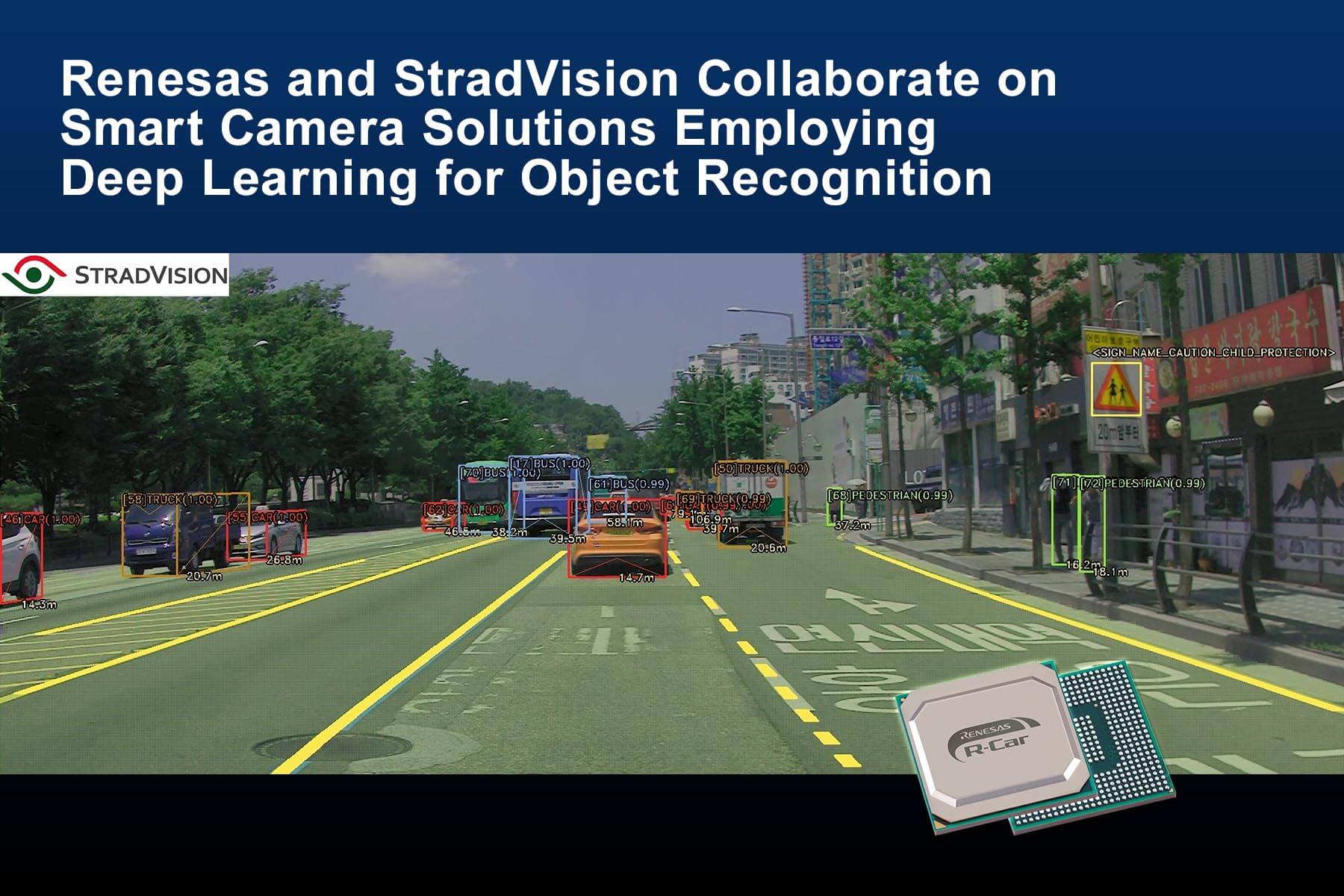




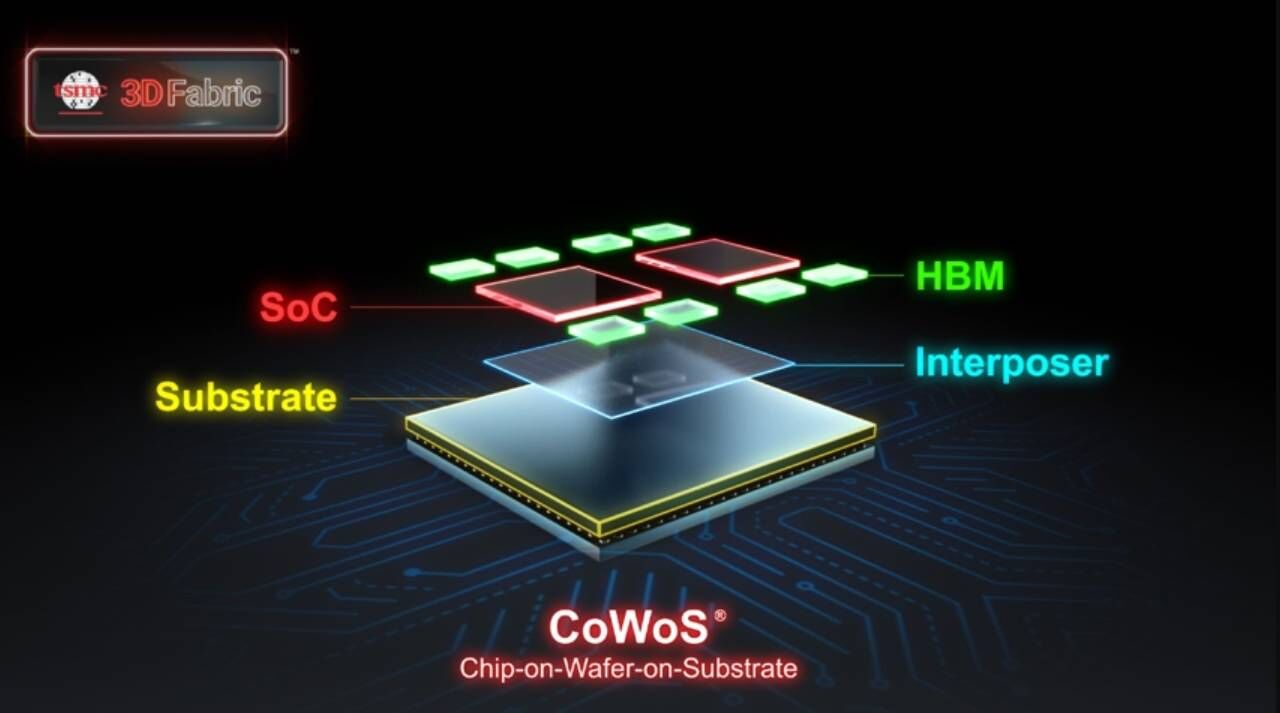

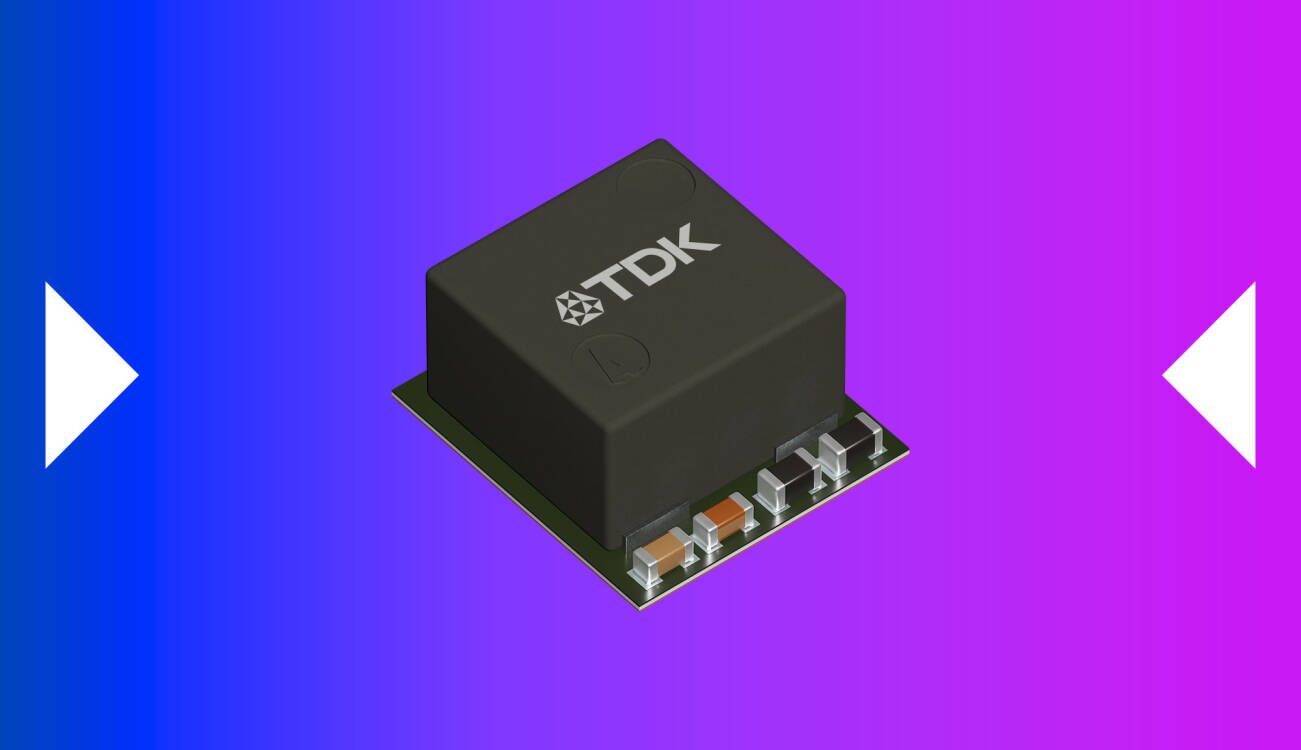
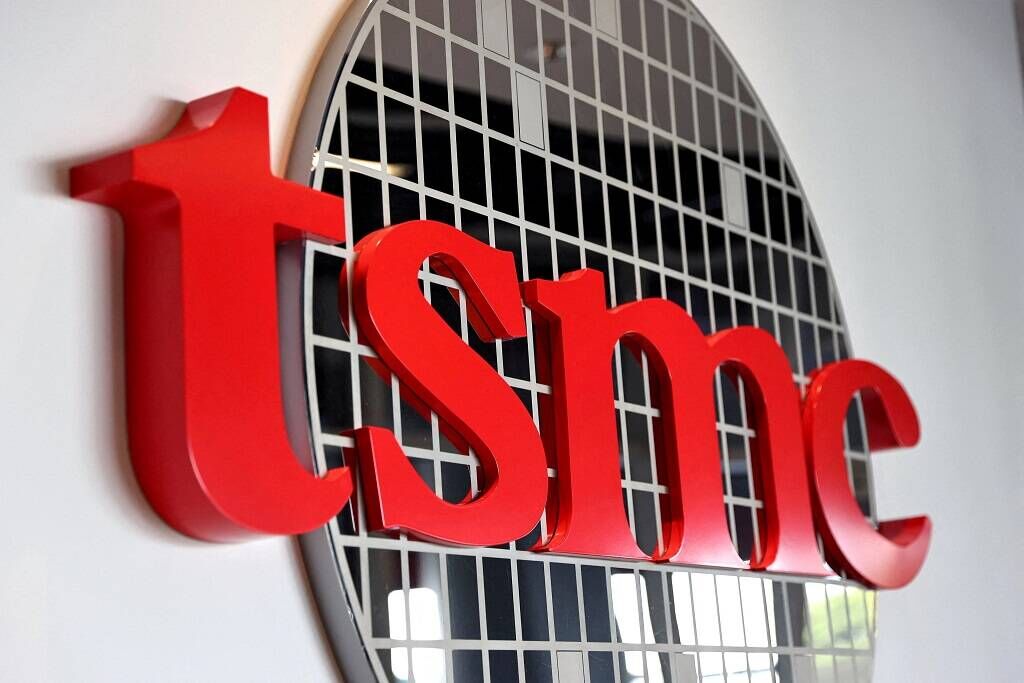
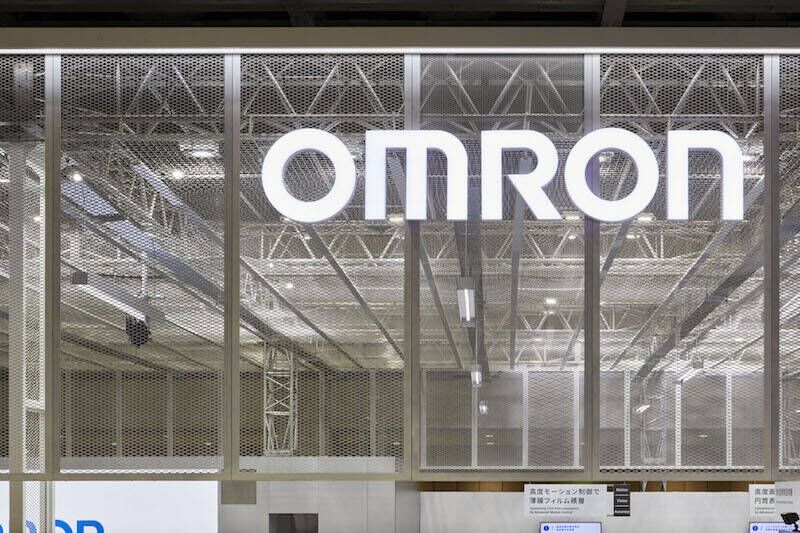
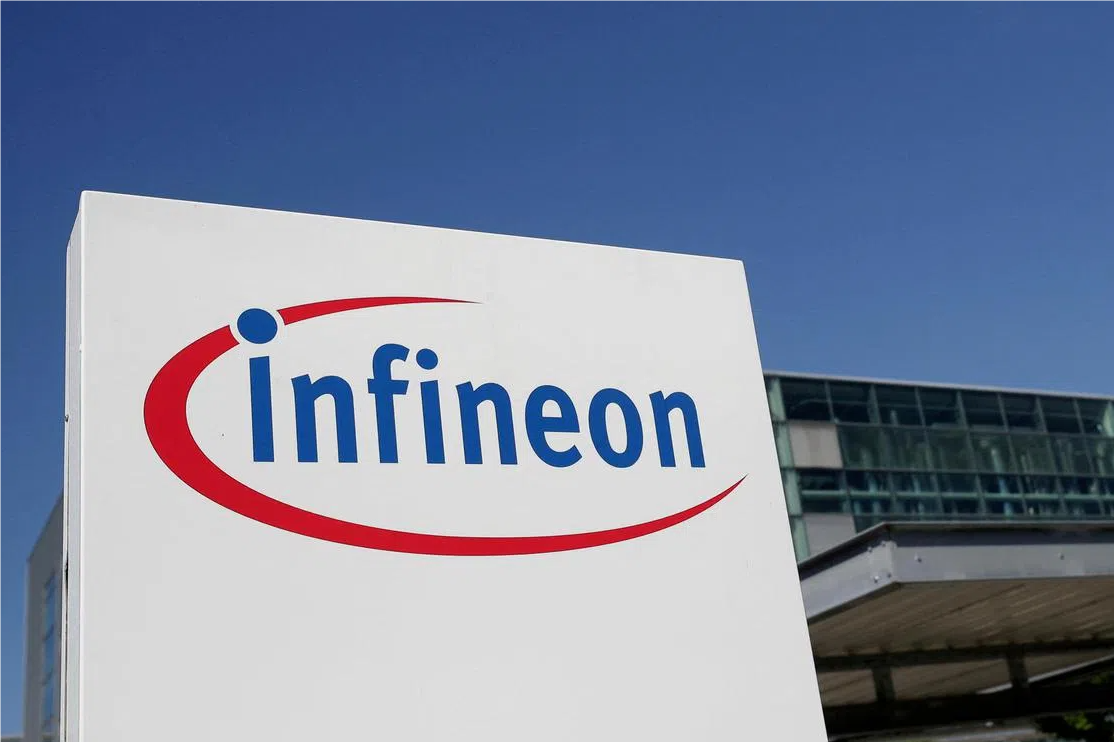
All Comments (0)